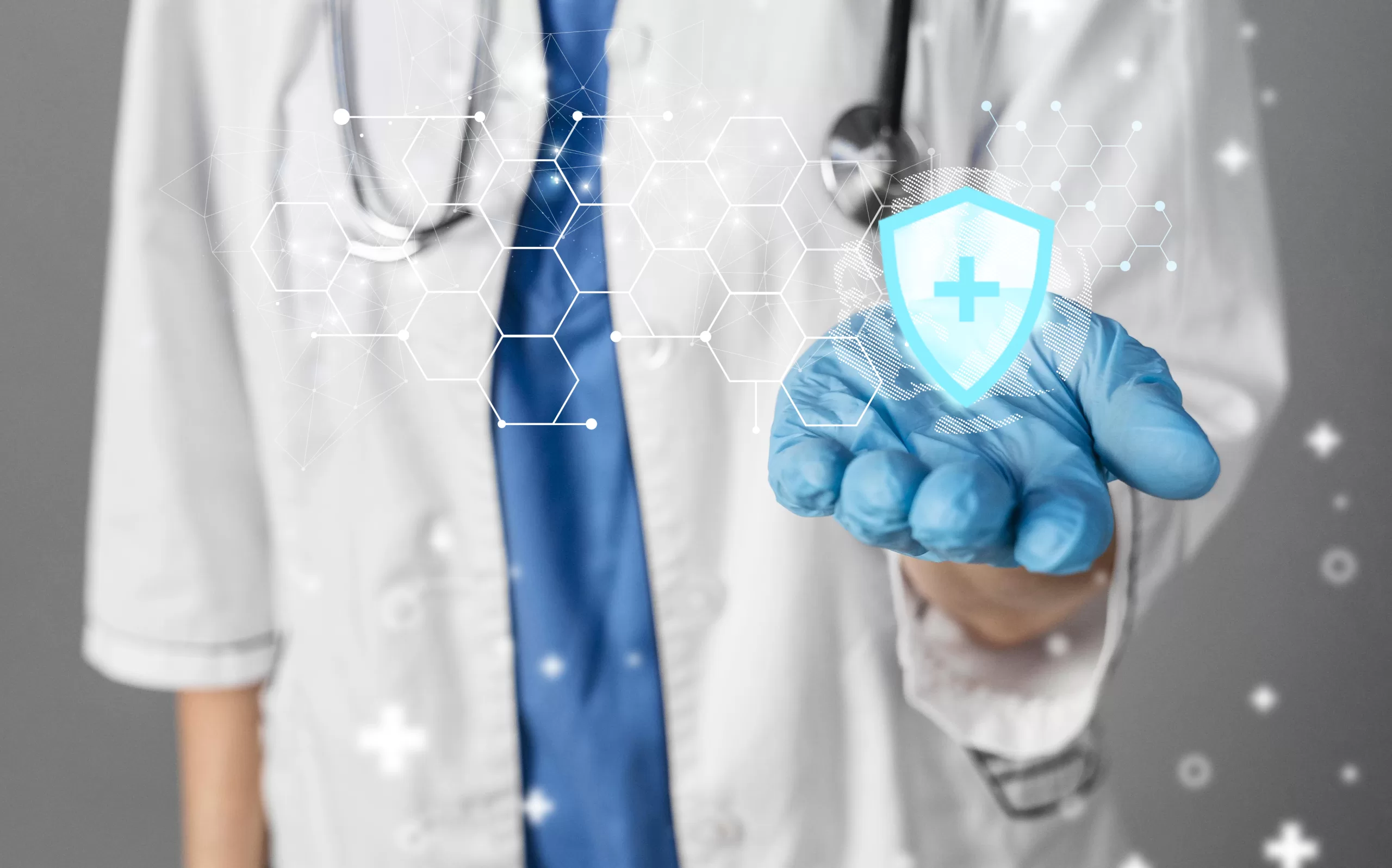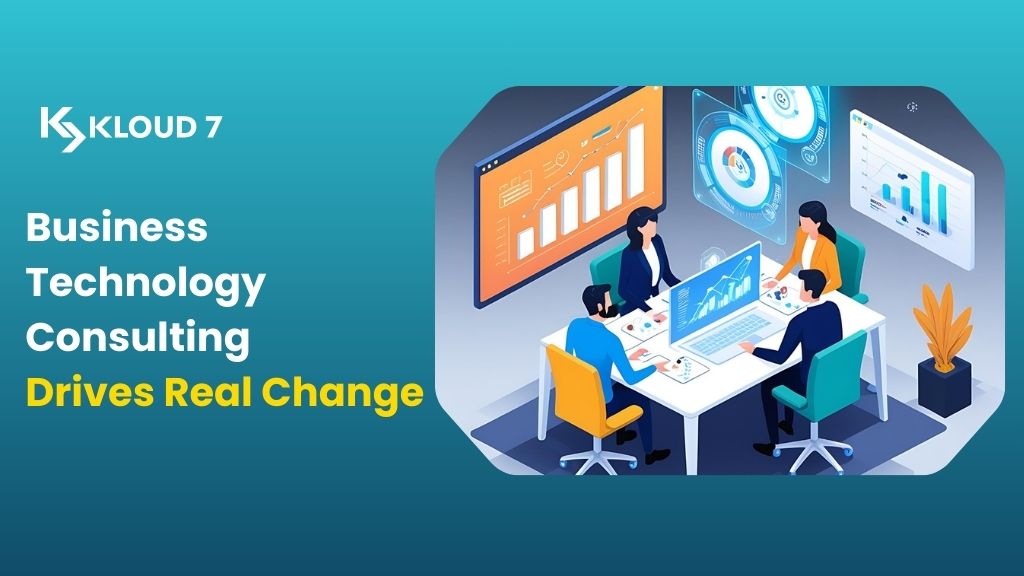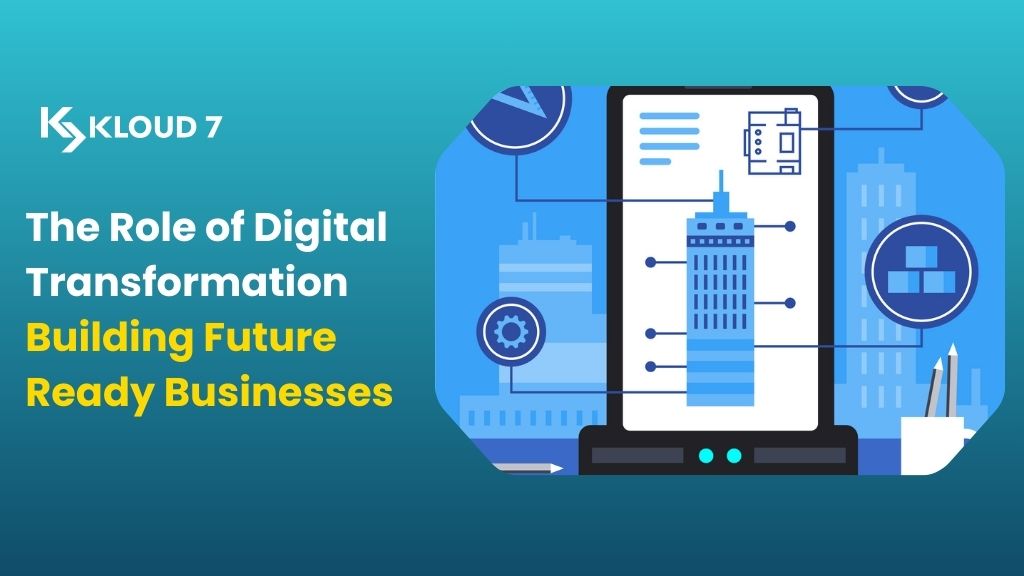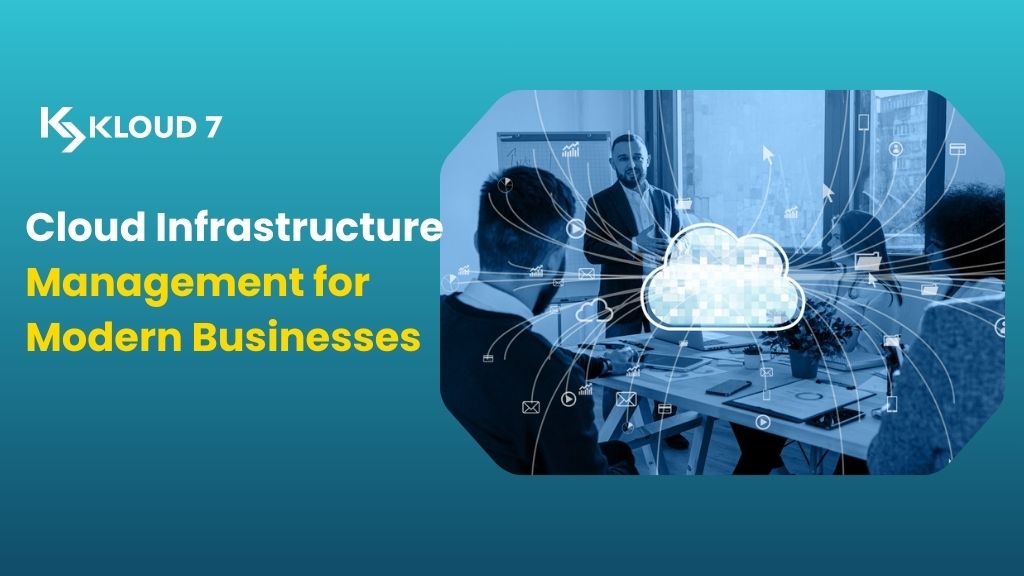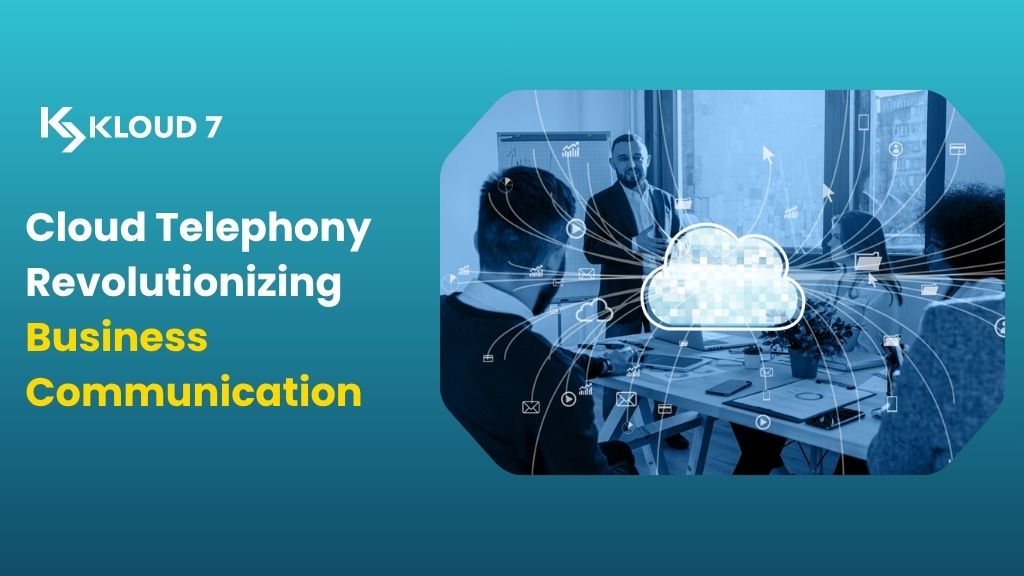As the healthcare industry evolves, the importance of secure communication, including HIPAA compliant email, cannot be overstated. Healthcare workers are looking for dependable ways to close communication gaps and maintain regulatory compliance in light of the growing use of technology. This blog explores the world of HIPAA compliant communication tools, emphasizing the critical function that VoIP technology and HIPAA compliant email services serve. We walk you through every step of learning how to use VoIP that complies with HIPAA regulations for improved healthcare communication. In addition, this article discusses issues that healthcare organizations should consider when utilizing VoIP and HIPAA compliant email solutions.
Introduction
The healthcare industry is among the most delicate when it comes to storing sensitive data. Healthcare facilities handle vast amounts of patient data, which needs to be encrypted and kept safe to prevent consequences. Healthcare institutions must safeguard their communication channels to avert data leaks. The sensitive nature of the data stored at healthcare facilities and the need to maintain the ever-evolving communication technology pose a significant challenge to the healthcare sector.
According to estimates, up to 80% of medical professionals organize their workflows on a personal mobile device. Many medical professionals communicate protected health information via email and SMS, which are uncontrollable communication channels once messages have left the sender’s mobile device. Additionally, mobile devices that lack security features may allow unwanted access to patient information.
To avoid data breaches, companies are employing strategies for keeping data as secure as possible and making it a top priority. Breaches can be damaging in many ways, impacting patient care and the bottom line. An annual study by the Ponemon Institute and ID Experts found that a healthcare provider’s average data breach cost is around $2.2 million, and $1 million for a business associate. Overall, healthcare data breaches have cost the industry about $6.2 billion.
The VoIP Technology
The healthcare sector has always sought to secure communication channels to protect sensitive patient information. One of the ways that has been widely adopted is using the Voice Over Internet Protocol (VoIP). VoIP helps make phone calls over the Internet, a more secure way to communicate patient information. This method also eliminates the need for physical telephone lines prone to stoppages and disruptions due to network outages and natural disasters.
Advantages of using VoIP in healthcare communication
Using VoIP technology poses many benefits for the healthcare industry, especially when providing uninterrupted communication between the patient and the healthcare provider. VoIP technology nowadays has become more affordable and accessible for the healthcare industry. This increased use of VoIP technology has enabled the healthcare industry to give up on the extensive infrastructure of dedicated phone lines and telephone systems.
VoIP is also essential for maintaining continuity of care and promoting multidisciplinary collaboration among medical professionals. Healthcare professionals from different disciplines can work together efficiently on patient care thanks to features like voicemail-to-email transcription, virtual faxing, and integration with electronic health record (EHR) systems.
Potential risks and challenges associated with VoIP in the healthcare sector
As a communication solution, VoIP is similar to any other communication service at risk of a security breach. Using VoIP solutions as a healthcare provider may come with the threat of getting hacked, enabling all the sensitive patient information to reach the wrong audience. Healthcare professionals use call recordings to increase efficiency in their communication channels and better maintain communication with their customers. In cases of data breaches, unauthorized individuals may hack into and access these recordings.
Moreover, since VoIP uses the internet to make and receive calls, it is challenging for the healthcare industry to maintain consistent and uninterrupted communications with their patients, mainly owing to unstable internet connections and increasing internet traffic. To minimize the risk of security breaches and hacking, it is essential that healthcare providers ensure data integrity by adopting HIPAA compliant practices and integrating a HIPAA compliant VoIP solution into their communication channels.
Understanding HIPAA Compliance
The US health sector has seen a significant transformation in protecting sensitive data and ensuring safe and encrypted data management and communication channels. The Health Insurance Portability and Accountability Act (HIPAA) protects patients and consumers, keeping their personal health information secure. The healthcare industry must comply with HIPAA regulations to secure patient data.
Exploring HIPAA-Compliant Communication Channels
HIPAA compliance is a non-negotiable aspect of healthcare operations. Ensuring the privacy and security of patient information is at the core of these regulations. As healthcare professionals increasingly rely on digital communication methods, it becomes crucial to integrate solutions that adhere to HIPAA standards. Healthcare service providers must integrate HIPAA compliant communication services, including HIPAA compliant email, HIPAA compliant VoIP, HIPAA compliant faxing, and more.
1. HIPAA Compliant Phone Apps
In an era dominated by smartphones, HIPAA compliant phone apps have emerged as a secure means of communication for healthcare providers. These applications offer encrypted messaging, secure file sharing, and real-time collaboration while maintaining compliance with HIPAA regulations. Healthcare professionals can communicate efficiently, knowing that sensitive patient data is protected.
2. HIPAA Compliant VoIP
Voice over Internet Protocol (VoIP) has revolutionized communication in various industries, including healthcare. HIPAA compliant VoIP solutions ensure that voice communications meet the necessary security standards. Voice data encryption during transmission and secure user authentication are paramount features, making VoIP a reliable and compliant option for healthcare organizations.
3. HIPAA Compliant Email
Email remains a prevalent mode of communication in healthcare, making it crucial to implement HIPAA compliant email solutions. These platforms incorporate robust encryption measures, secure access controls, and audit trails to safeguard the transmission of sensitive patient information. HIPAA compliant email allows healthcare providers to streamline communication without compromising data security.
4. HIPAA Compliant Fax
Despite technological advancements, faxing remains a widely used method in healthcare. Healthcare organizations should invest in HIPAA compliant fax solutions to align with HIPAA regulations. These systems ensure end-to-end encryption of faxed documents, secure transmission, and audit trails, mitigating the risk of unauthorized access to patient information.
Key HIPAA Regulations Related to Healthcare Communication
Ensuring patient information’s confidentiality, integrity, and security is paramount in the healthcare sector, and the Health Insurance Portability and Accountability Act (HIPAA) provides a comprehensive framework to safeguard sensitive data. Regarding healthcare communication, several key HIPAA regulations are specifically designed to protect patient privacy and maintain the security of medical information. These regulations help the healthcare industry identify how to become HIPAA compliant.

Privacy Rule: The HIPAA Privacy Rule establishes national standards for protecting individuals’ medical records and other protected health information. It outlines the conditions under which healthcare providers, known as covered entities, may use or disclose patient information.
Security Rule: HIPAA’s Security Rule complements the Privacy Rule by setting standards for the security of electronic protected health information (ePHI). This rule addresses the technical and non-technical safeguards that must be implemented to ensure electronic health data’s confidentiality, integrity, and availability.
Breach Notification Rule: In a breach of unsecured protected health information, covered entities must notify affected individuals, the Secretary of Health and Human Services, and, in some cases, the media. This rule emphasizes transparency and prompt action in the face of potential compromises with patient data.
Importance of Adhering to HIPAA Regulations in Healthcare Communication
Now that we understand how to become HIPAA compliant, we now look at why compliance with HIPAA regulations is necessary for healthcare communication. Adhering to HIPAA regulations is not just a legal requirement but a crucial step in maintaining trust between healthcare providers and their patients. The significance of compliance in healthcare communication cannot be overstated.
Patient Trust: Patients share sensitive information with healthcare providers, assuming it will be kept confidential. Adhering to HIPAA regulations helps maintain patient trust, which is essential for fostering an open and honest doctor-patient relationship.
Ethical Responsibility: Beyond legal obligations, adhering to HIPAA regulations is an ethical responsibility. Safeguarding patient information reflects a commitment to upholding the highest standards of care and respecting individuals’ privacy rights.
Consequences of Non-Compliance with HIPAA Regulations
The repercussions of non-compliance with HIPAA regulations extend far beyond legal sanctions. Healthcare organizations and professionals may face the following:
- Financial Penalties: The Department of Health and Human Services (HHS) can impose significant fines for HIPAA violations, with penalties varying based on the level of negligence and the breach’s nature.
- Damage to Reputation: News of a HIPAA violation can quickly spread, damaging the reputation of healthcare organizations. Loss of patient trust and credibility within the community may have long-lasting consequences.
- Operational Disruptions: Investigations into HIPAA violations can disrupt normal healthcare operations, diverting resources and attention from patient care. Implementing corrective actions may require significant time and effort.
Final Thoughts
In conclusion, ensuring secure communication channels becomes paramount as the healthcare industry embraces technological advancements. Integrating HIPAA compliant communication tools, such as HIPAA compliant email and VoIP technology, is instrumental in maintaining the integrity of Protected Health Information (PHI). Recognizing the need for secure communication, healthcare organizations are urged to implement robust strategies encompassing HIPAA compliant phone apps, VoIP, email, and fax solutions. In this ever-evolving landscape, integrating HIPAA-compliant communication tools, particularly HIPAA compliant email and VoIP, ensures regulatory compliance and facilitates efficient and secure healthcare communication.
